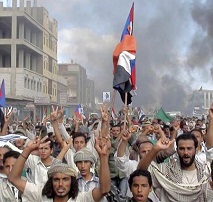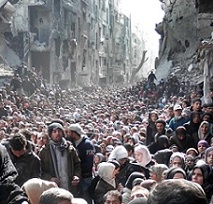Source: Truthout
Noam Chomsky is a world renown academic best known not only for his pioneering work in linguistics but also for his ongoing work as a public intellectual in which he has addressed a number of important social issues that include and often connect oppressive foreign and domestic policies – a fact well illustrated in his numerous path breaking books.(1) In fact, Chomsky’s oeuvre includes too many exceptionally important books to single out any one of them from his extraordinary and voluminous archive of work. Moreover, as political interventions, his many books often reflect both a decisive contribution and an engagement with a number of issues that have and continue to dominate a series of specific historical moments over the course of 50 years. His political interventions have been historically specific while continually building on the power relations he has engaged critically. For instance, his initial ideas about the responsibility of intellectuals cannot be separated from his early criticisms of the Vietnam War and the complicity of intellectuals in brokering and legitimating that horrendous act of military intervention.(2) Hence, it becomes difficult to compare his 1988 book, Manufacturing Consent, coauthored with Edward S. Herman, with his 2002 bestseller, 9/11. Yet, what all of these texts share is a luminous theoretical, political, and forensic analysis of the functioning of the current global power structure, new and old modes of oppressive authority, and the ways in which neoliberal economic and social policies has produced more savage forms of global domination and corporate sovereignty. read more





